Newsletter Issue 50
Current Sense Amplifiers: Essential Components for Sustainable Development
The demand for current sense amplifiers is experiencing rapid growth, increasing at an annual rate of 10% due to the expansion of 5G telecom equipment and automotive applications, alongside global initiatives for carbon emissions reduction. The market size is projected to reach USD 2 billion by next year. Current sense amplifiers are crucial for preventing overcurrent, monitoring ground faults, and optimizing power control, thereby enhancing energy efficiency, and reducing environmental impact. This makes it one of the key components for sustainable development.
What is Current Sense Amplifier?
Current sense amplifiers, which are high-precision differential amplifiers specially designed for current sensing, measure small voltage drops across a shunt resistor and the output voltage correlates with the input current across the sense resistor. They offer simple operation, noise immunity, and accurate current measurements, providing critical control for system designs and protection against overheating and short circuits.
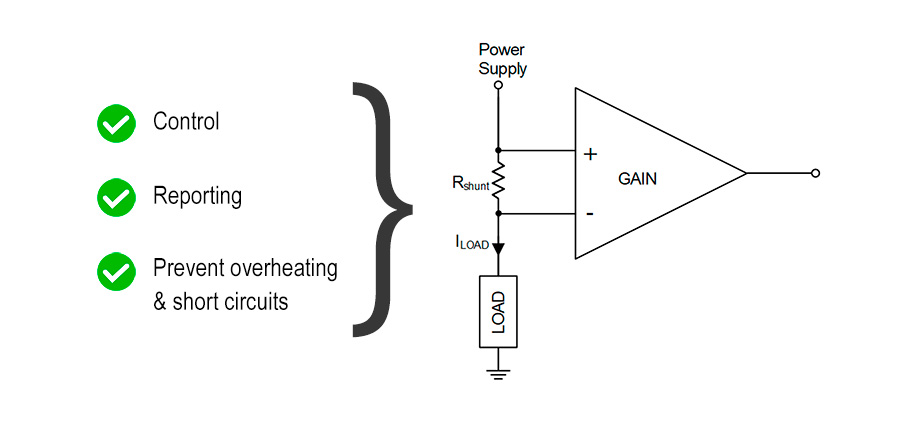
Selection Criteria and Design Tips
Current sense amplifiers are categorized into digital and analog types. Analog types deliver real-time analog output, ideal for applications requiring instantaneous response. Digital types offer diverse parameter reporting, including voltage, current, and power, and communicate with microcontrollers via communication interfaces, such as I2C or SMBus for effective power monitoring. Key performance indicators such as offset error and gain error are vital when selecting a suitable amplifier. How to calculate the optimal sense resistor to minimize measurement errors and improve accuracy? Discover Richtek's current sense amplifier product roadmap and upcoming automotive-grade products.

(00:00 What is Current Sense Amplifier? / 03:55 Selection Criteria and Design Tips)
Digital Current Sense Amplifier
| Product Number |
Offset Error(max) |
Gain Error(max) |
Sense Voltage Input Range |
| RTQ6059 |
50µV |
0.30% |
Programmable |
| RTQ6056 |
10µV |
0.12% |
Fixed |
| RTQ6053 |
25µV |
0.30% |
Fixed |
Analog Current Sense Amplifier
| Product Number |
Offset Error(max) |
Gain Error(max) |
Voltage Gain |
| RTQ6052 |
2.5mV |
1% |
100V/V |
| RTQ6050 |
2.5mV |
1% |
20V/V |
FEATURED PRODUCTS
Digital Current Sense Amplifiers
RTQ6059 New
High-Side or Low-Side Measurement, Bi-Directional Current and Power Monitor with 12 Bit ADC and Alert
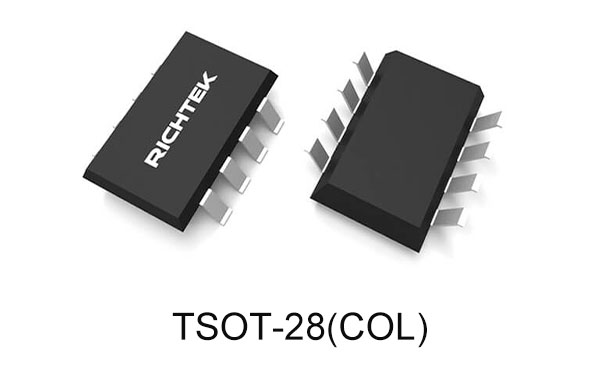
The RTQ6059 is a bi-directional current and power monitor with a 12-bit ADC and alert function. It features programmable gain function, a low offset error of 50μV, and a low gain error of 0.3%, ensuring accurate monitoring of load current and power consumption for precise system data.
RTQ6056
High-Side or Low-Side Measurement, Bi-Directional Current and Power Monitor with 16 Bit ADC and Alert
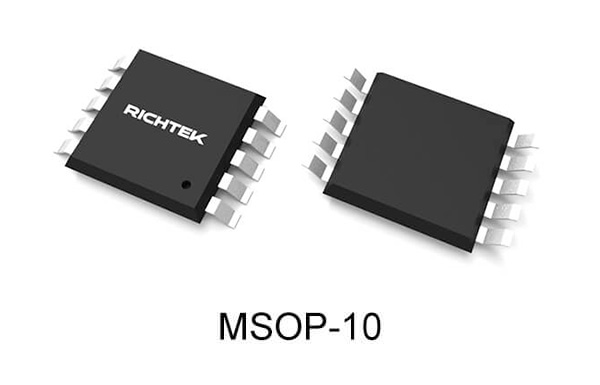
The RTQ6056 is a bi-directional current and power monitor with a 16-bit ADC and alarm function. It features a lower offset error of 10μV, and a lower gain error of 0.12%, ensuring accurate monitoring of load current and power consumption for precise system data.
RTQ6053
High-Side or Low-Side Measurement, Bi-Directional Current and Power Monitor with 16 Bit ADC and Alert
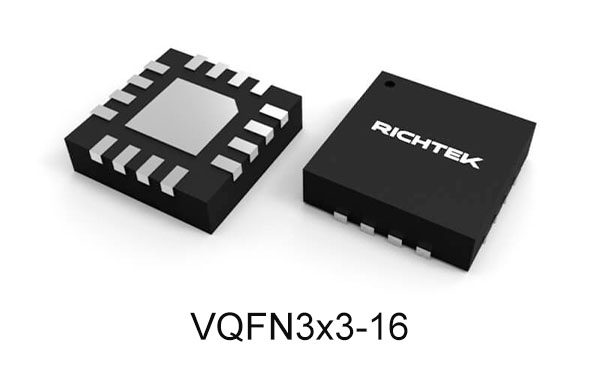
The RTQ6053 is a bi-directional current and power monitor with a 16-bit ADC and alarm function. It features a lower offset error of 25μV, and a lower gain error of 0.3%, ensuring accurate monitoring of load current and power consumption for precise system data.
Analog Current Sense Amplifiers
RTQ6052
High-Side Measurement Current Shunt Monitor with Comparator
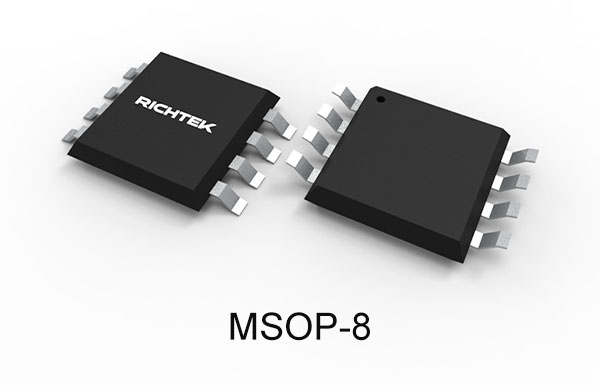
The RTQ6052 is a high-side current sense amplifier with voltage output and an integrated comparator. It offers a 100V/V gain, a 2.5mV offset error, and a gain error under 1%, providing precise current monitoring across a 2V to 80V common-mode voltage range.
RTQ6050
High-Side Measurement Current Shunt Monitor with Comparator

The RTQ6050 is a high-side current sense amplifier with voltage output and an integrated comparator. It offers a 20V/V gain, a 2.5mV offset error, and a gain error under 1%, providing precise current monitoring across a 2V to 80V common-mode voltage range.